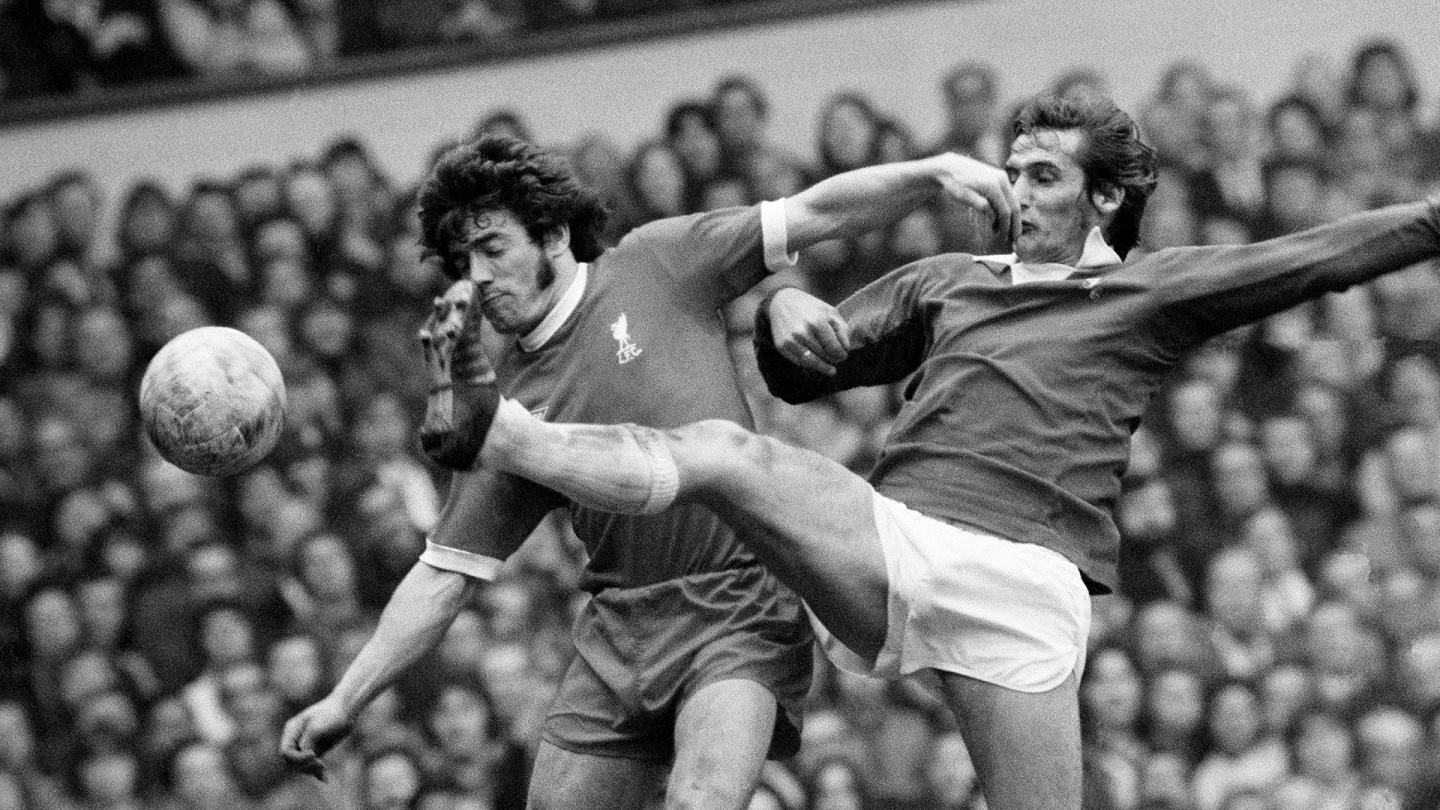FeatureBill Shankly's final season: Wembley ticket booked during demanding April
Our retelling of Bill Shankly’s final season as Liverpool manager has reached April 1974 – a pivotal month in the Reds’ attempt to win a double.
To mark the 50th anniversary of what would prove to be the legendary Scot’s swansong at Anfield, we have been looking back at his last campaign month by month.
As March gives way to April, the Reds are a game away from another FA Cup final appearance, and building momentum in their chase of Leeds United in the league…
A month that would include nine fixtures for Shankly’s men began in the finest fashion.
Four days after their FA Cup semi-final stalemate, Liverpool and Leicester City met again in a replay at Villa Park, where another 45 minutes of goalless action passed by in the first half.
When the deadlock in the tie was belatedly broken by Brian Hall just a minute into the second period, the Foxes almost immediately levelled through Len Glover.
But, inspired by Kevin Keegan, the Reds’ fifth appearance in the competition’s illustrious showpiece was secured as he restored their lead with a mesmeric outside-of-the-boot volley beyond Peter Shilton from John Toshack’s hoisted pass.
“Pure magic,” lauded Paul Wilcox in The Guardian.
Toshack gave Liverpool a cushion two minutes from the end to wrap up a 3-1 win and create a date with Newcastle United at Wembley in May.
The good times seemed set to roll on when, upon returning to league duties three days later, Shankly’s side registered a workmanlike 2-1 result over Queens Park Rangers at Anfield.
They leant upon an Alec Lindsay penalty and an own goal to do it, but no matter – now trailing First Division leaders Leeds by four points with three games in hand, the Reds’ destiny was in their own control.
“I still believe that Liverpool will complete the league and cup double,” predicted The Guardian’s Eric Todd in his post-match write-up. “Because they above all come nearest to being brilliant and consistent.”
The numbers backed up the reporter’s assertion, with the Reds having delivered 13 wins and six draws from their 19 outings in all competitions in 1974 to this point.
But it was another line in Todd’s article that would prove prophetic. “[It] does not infer complete infallibility,” he warned. “Bill Shankly himself will admit as much.”
Just two days later, they stumbled in a 1-0 loss at Sheffield United during which Ray Clemence had saved a penalty before a Terry Nicholl goal for the hosts that stood despite Liverpool’s vehement appeals for offside.
Away trips to Manchester City and Ipswich Town were subsequently crammed in on back-to-back days, from which Shankly’s charges collected two points.
They had led at Maine Road through Peter Cormack but Franny Lee levelled for City in the second half, and it was a reversed plot at Portman Road 24 hours later; Trevor Whymark got third-placed Ipswich in front and Emlyn Hughes equalised after the break.
The Reds appeared to be tiring – the clash with Ipswich was fixture 55 of 1973-74 – though the boss was in typically blustering form post-match.
“What a comeback. Just like we always do,” said Shankly. “With that sort of form Ipswich will murder Leeds next week.”
The boss’ bullishness was perhaps influenced by the knowledge of three Anfield outings in a row to come. And, if so, it was justified, with his team having posted 17 wins, one draw and zero defeats at home in the league to date.
They duly swatted aside Manchester City 4-0 to improve that record, all the goals – from Hall (two), Phil Boersma and Keegan – coming inside the opening 35 minutes.
But a goalless draw in the Merseyside derby put Leeds on the cusp of being champions and then, at the 21st and final opportunity, a visiting opponent won a league match at Anfield.
Arsenal it was who achieved it, doing so through a man who would soon be playing for the Reds. Ray Kennedy’s goal early in the second half gained the Gunners a 1-0 result and ended Liverpool’s title defence. Leeds were officially champions.
A 2-2 draw at West Ham United to round out the month was a mere footnote in a season that was now all about one thing: the FA Cup final.
This article has been automatically translated and, while all reasonable efforts have been made to ensure accuracy, some errors in translation are possible. Please refer to the original English-language version of the article for the official version.
